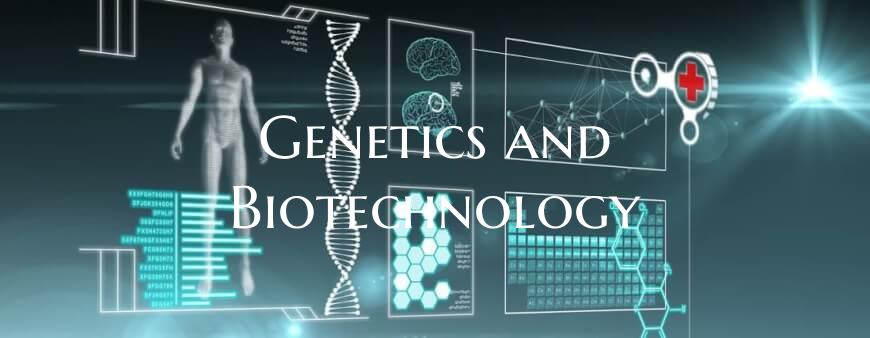Genetics and Biotechnology
In the rapidly advancing field of biotechnology, the integration of genetics has led to groundbreaking discoveries and innovative applications that have the potential to revolutionize various aspects of our lives. Genetics, the study of heredity and the variation of inherited characteristics, plays a crucial role in shaping the foundation of biotechnology and driving scientific progress in diverse fields.
Genetic engineering, a key component of biotechnology, involves the manipulation of an organism’s genetic material to introduce specific traits or characteristics. By harnessing the power of genetics, scientists are able to modify the DNA of living organisms, including plants, animals, and microorganisms, to enhance desirable traits such as increased yield, disease resistance, and improved nutritional content.
One of the most notable applications of genetics in biotechnology is the development of genetically modified organisms (GMOs). These organisms are engineered to exhibit traits that are not naturally occurring, offering benefits such as improved crop productivity, reduced reliance on synthetic pesticides, and enhanced nutritional value. GMOs have the potential to address global challenges related to food security, agricultural sustainability, and environmental conservation.
In addition to agriculture, genetics and biotechnology are revolutionizing the fields of medicine and healthcare. The mapping of the human genome has provided valuable insights into the genetic basis of diseases, enabling the development of personalized treatment approaches tailored to an individual’s genetic profile. Biotechnological tools such as gene editing technologies have paved the way for the diagnosis and treatment of genetic disorders, cancer, and infectious diseases with greater precision and efficacy.
Moreover, the field of synthetic biology, which combines principles of genetics and engineering, is driving innovation in the design and construction of biological systems for a wide range of applications. From the production of biofuels and pharmaceuticals to the development of bio-based materials and environmental remediation solutions, genetics and biotechnology are at the forefront of creating sustainable and technologically advanced solutions to complex challenges.
As we continue to unlock the mysteries of genetics and harness the potential of biotechnology, the intersection of these two fields will play a pivotal role in shaping the future of science, medicine, agriculture, and industry. Through collaborative research, ethical practices, and responsible innovation, we can leverage the power of genetics and biotechnology to address global challenges, improve human health, and create a more sustainable world for future generations.

